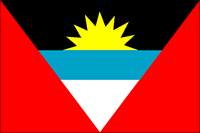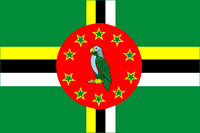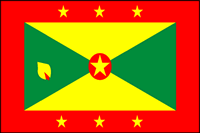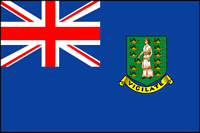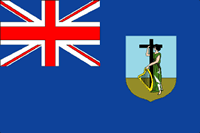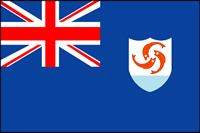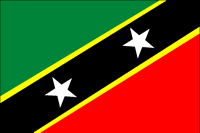HIV and Tuberculosis prevention and treatment in the Eastern Caribbean
HIV and Tuberculosis prevention and treatment in the Eastern Caribbean is a critical public health priority, particularly in the Organisation of Eastern Caribbean States (OECS) region. The OECS Multi-country Strategic Response Towards HIV/TB Elimination in the regions is designed to tackle these challenges by providing comprehensive prevention and treatment services. The project’s goals include increasing access to HIV and TB testing, improving early diagnosis, and enhancing treatment outcomes. The Overall project values the amount of USD 3, 370,759 and aims to integrate TB and HIV services to improve overall health outcomes in the OECS region. With a focus on prevention, the project also addresses social and structural factors that increase the risk of HIV and TB transmission. By prioritizing HIV and TB prevention and treatment in the Eastern Caribbean, the Project is helping to reduce the burden of these diseases and improve the health of Communities in the region.
OECS Multi-country Strategic Response Towards HIV/TB Elimination in the Region
The OECS Multi-Country Strategic Response Towards HIV/TB Elimination in the Region is a project aimed at achieving 90% of People with HIV being aware of their status, 90% being treated and 90% achieving suppression of the virus and having an incidence of less than 10 tuberculosi cases per 100,000 people for the period of 1 July 2022 to 31st March 2025. This is a continuation of the progress built from the OECS HIV / TB Elimination Project (HTEP). In 2018 HIV within the 6 Countries of Antigua & Barbuda, Dominica, Grenada, Saint Kitts and Nevis, Saint Lucia and the Grenadines had a combined estimated HIV prevalence of 0.8% in persons aged 15-49 Years.
This represented a 25% (631) increase from 2017. This increase is known to be greater in key populations such as men who have sex with men, female sex workers, transgender and youth. A 2018 Population Size Estimate determined that 9,240 men have sex with men, 5,207 female sex workers and 901 transgender people living with HIV among the 15–64 years age group in the independent OECS Member States The OECS region still has work to do as we are still falling far short of the UNAIDs 90-90-90 target to end the AIDS epidemic by 2020 to have 90% of all individuals with HIV knowing their status and 90% of those on treatment and 90% achieving suppression of their virus.
The OECS achievement was 80%, 48%, and 48% respectively while in 2019 it was 85%, 45% and 50%. Close to 33% of persons entering care are diagnosed with clinical AIDS the end stage of the disease. Concerning TB, OECS countries are low, with a regional incidence of 4.46 cases per 100,000 in 2019. The OECS countries generally fall within the WHO range for Elimination (incidence of <10 cases per 100,000). Treatment coverage has increased since 2015 and stood at 96% in 2017, while treatment success rates have been consistently above 80%.
Beneficiary Countries
The project aims to prevent tuberculosis and HIV in the Eastern Caribbean, particularly in the six OECS Member States: Antigua and Barbuda, Commonwealth of Dominica, Saint Kitts and Nevis, Saint Lucia, Saint Vincent and the Grenadines and Grenada.
Goal: To promote the sustainability of health and community systems to reduce the incidence of HIV and Sexual Transmitted Infections (STIs) and eliminate TB by:
(a) Prioritizing interventions for key populations
(b) Scaling up effective prevention efforts
(c) Investing in strengthening both health and community systems and
(d) Addressing human rights-related and gender inequality barriers to health
Strategies
- Increasing the number of key populations accessing differentiated prevention, testing, and treatment services
- Continuing the implementation of the TB elimination framework for low-incidence countries to accelerate the elimination of TB in the OECS
- Increasing access to quality laboratory testing, screening, and diagnosis for the clinical management of HIV and TB
- Increasing the number of people living with HIV linked and retained in care
- Improving the HIV/STI/TB surveillance system to increase the availability of data to support evidence-based planning and measure the impact of the response and the achievement of targets and
- Strengthening the health and community systems response to address human rights and gender inequality barriers.
Activities
- Scaling up high-impact interventions such as PrEP and HIV self-testing
- Expanding community, facility, and private sector service delivery
- Supporting the continued rollout of critical RSSH investments including the full implementation of the electronic case-based surveillance (eCBS) for HIV and TB
- Strengthening laboratory systems
- Differentiating prevention, testing and treatment services for key populations
- Activities aimed at linkage and retention in care
- Procurement of fixed-dose combinations for TB treatment
- Laboratory testing screening and diagnosis for the clinical management of HIV and TB and Activities to address human rights and gender inequality barriers.
Resources
Access more resources on Health in the Eastern Caribbean via the OECS Library.
Partners
The OECS has been partnering for multiple years with international agencies who support projects developed in the area of health in the Eastern Caribbean.
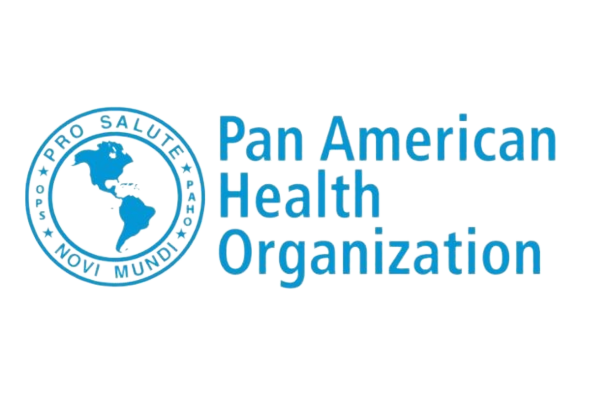
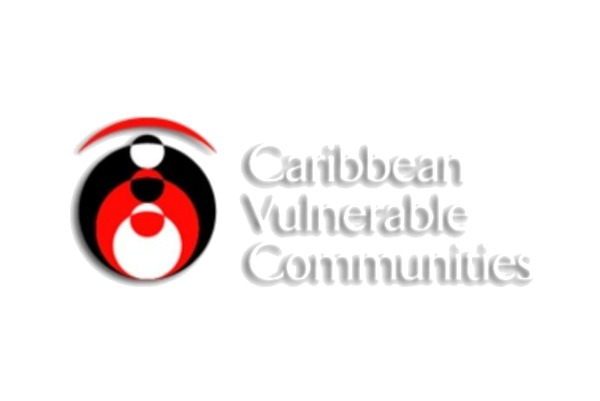

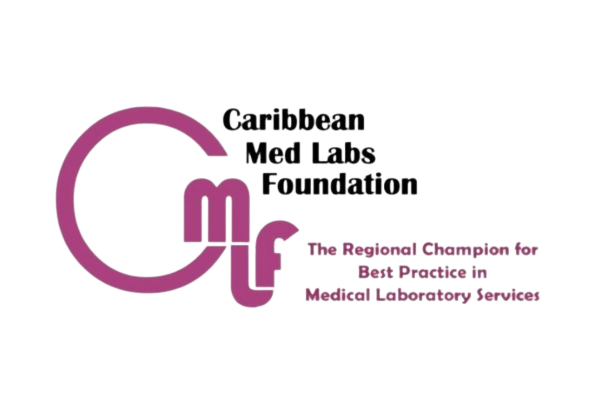
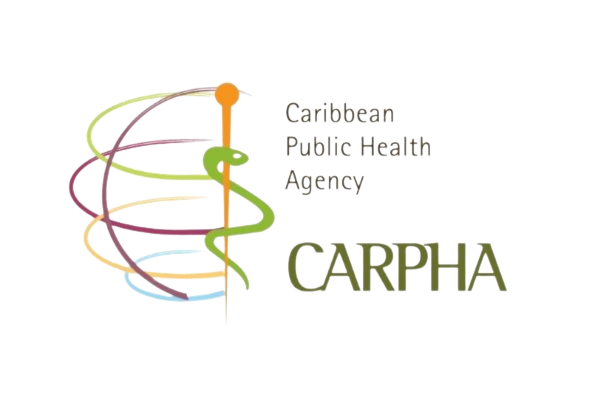
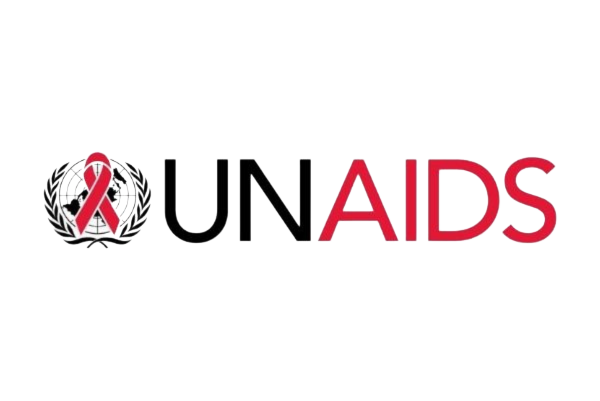
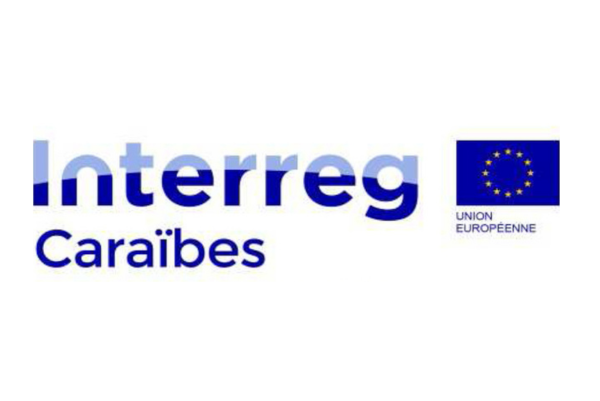
Contacts
Anela Jean-Marc
Programme Assistant, Health Unit
Tel: +1 (758) 453-7476
Faith Harry-Jn. Baptiste
Portfolio Management Office
Tel: +1 (758) 453-7476
Paulette Popo
Senior Administrative Assistant, Education Development Management Unit
Tel: 1 (758) 453-0669
Learn more on Health in the Eastern Caribbean
The OECS is working in close collaboration with all the Ministries of its Member States on all matters related to Public Health in the Eastern Caribbean. The Council of Ministers of Health is hosted once a year. This meeting aims to harmonize the strategy in Public Health in the OECS Member states.
